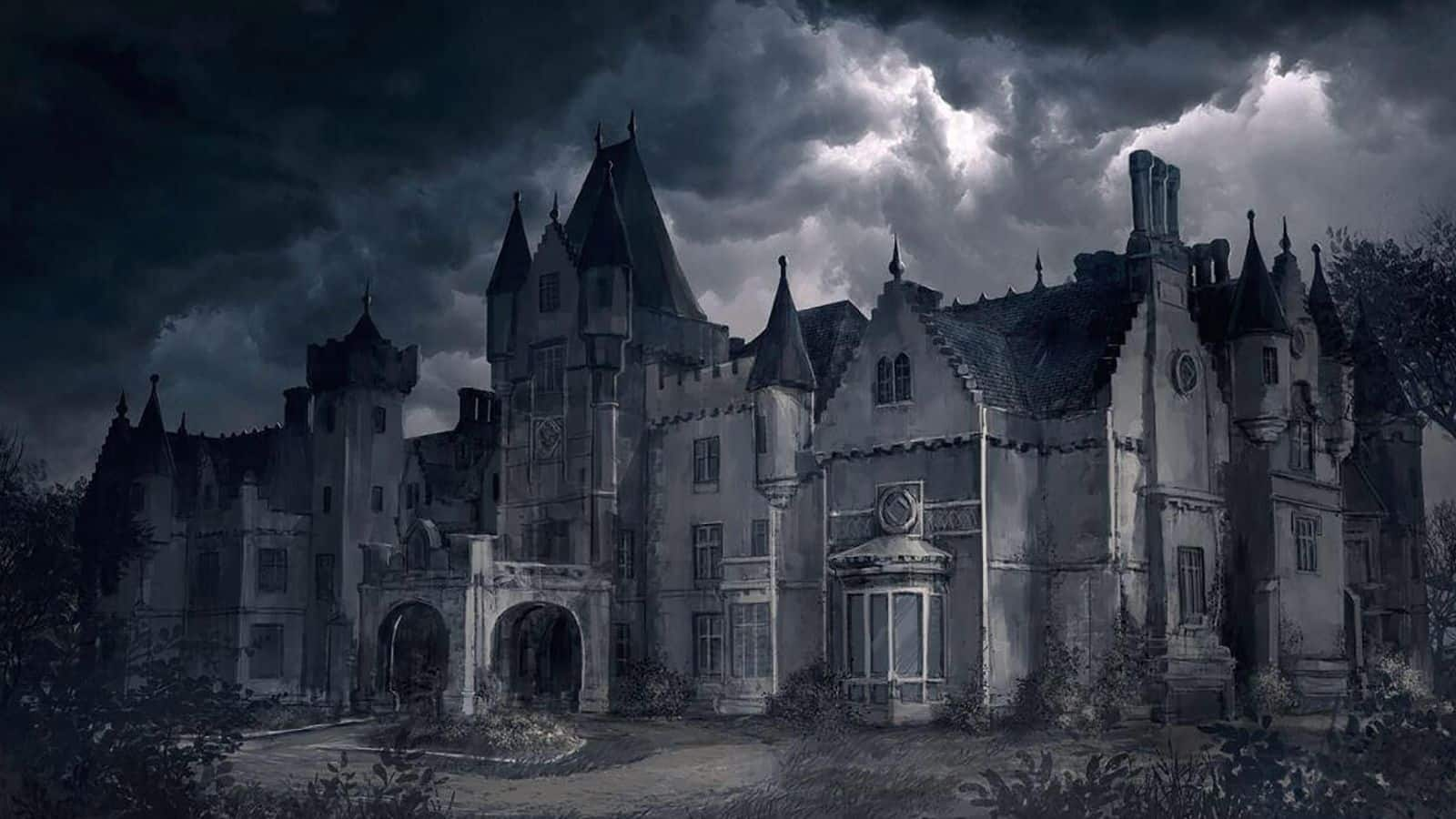
Love Gothic horror? Here are some unmissable books to read
What's the story
Gothic horror, a genre that intertwines horror, death, and romance, has captivated readers for centuries. Its eerie settings, psychological depth, and supernatural elements create an atmosphere of suspense and dread that is both unsettling and irresistible. The following books are seminal works in the Gothic horror genre, each offering a unique glimpse into the dark corners of the human psyche and the supernatural.
Book 1
'The Haunting of Hill House'
The Haunting of Hill House stands as a towering work in Gothic literature. This novel follows four individuals participating in a paranormal study at a reputedly haunted house. As they confront the house's unsettling phenomena, they also grapple with their inner demons. Jackson masterfully blends psychological insight with supernatural terror, making this book a foundational read for fans of the genre.
Book 2
'Dracula'
Bram Stoker's Dracula is arguably the quintessential vampire novel. Through letters and diary entries, it recounts the tale of Count Dracula's attempt to move from Transylvania to England and spread his undead curse. The narrative weaves together themes of sexuality, colonialism and superstition in Victorian England. Stoker's work has not only defined Gothic horror but has also left an indelible mark on popular culture.
Book 3
'Frankenstein'
Mary Shelley's Frankenstein is a cornerstone of Gothic horror that explores themes of ambition, humanity, and isolation through the tragic story of Victor Frankenstein and his monstrous creation. Shelley wrote this novel as a young woman during an era of great scientific discovery, infusing her tale with philosophical questions about life and responsibility that resonate to this day.
Book 4
'The Picture of Dorian Gray'
Oscar Wilde's only novel, The Picture of Dorian Gray, delves into decadence, vanity, and moral duplicity. The story follows Dorian Gray who remains outwardly youthful while his portrait ages grotesquely as it reflects his soul's corruption. Wilde's blend of wit and macabre creates a haunting narrative that examines the consequences of living a life devoted to pleasure.
Findings
'Wuthering Heights'
Emily Bronte's Wuthering Heights is often categorized as a Gothic novel due to its remote and gloomy Yorkshire setting alongside themes of passion and revenge. The tempestuous relationship between Catherine Earnshaw and Heathcliff unfolds in a narrative that spans generations. Bronte's complex characters operate within an atmosphere charged with emotional intensity that is emblematic of Gothic fiction.
Poll

